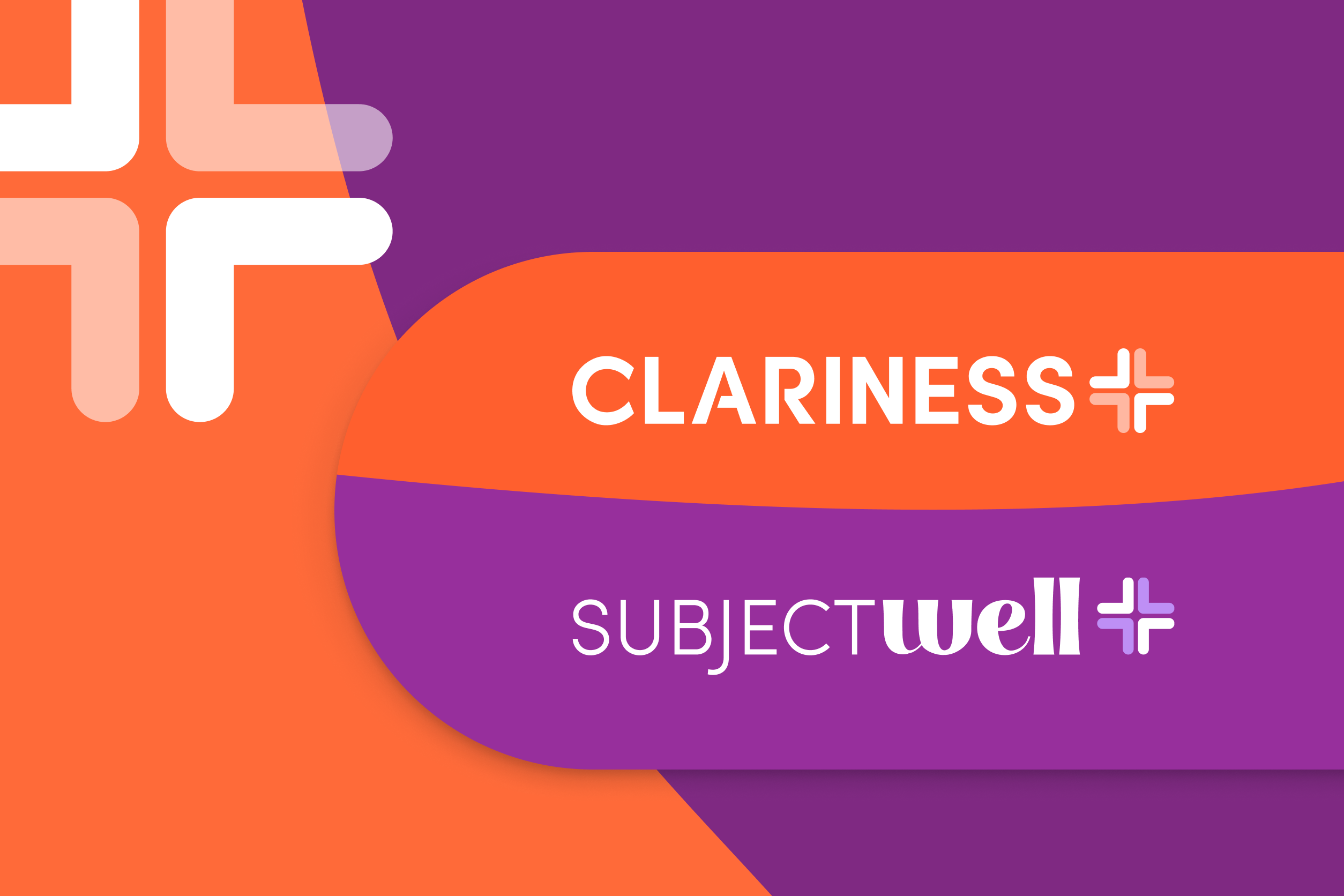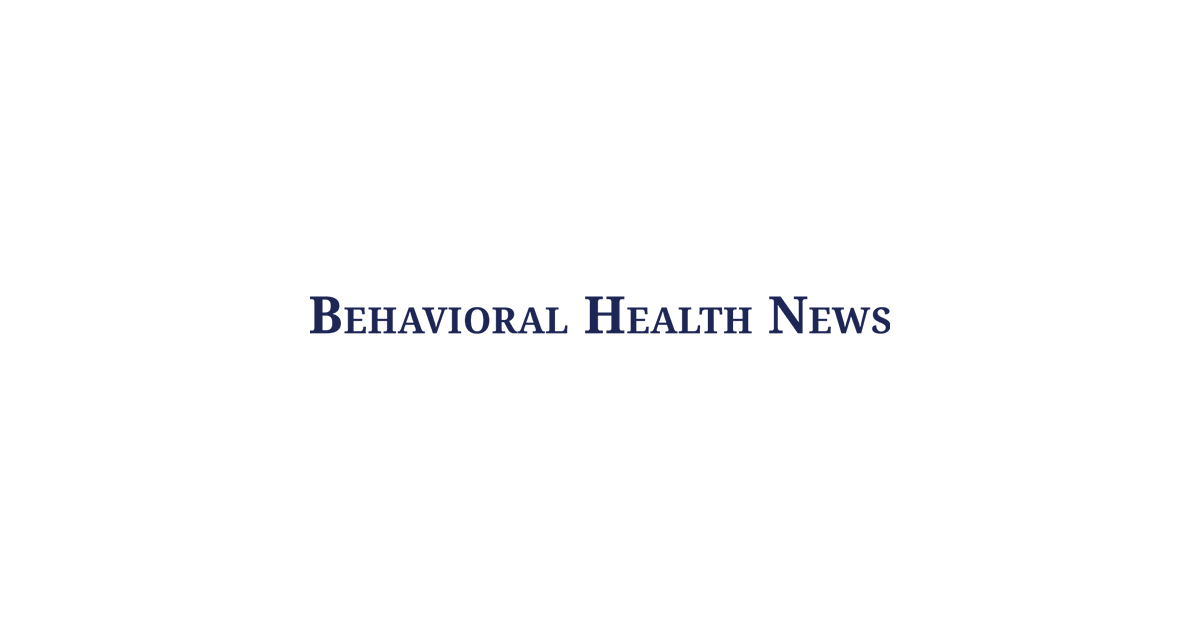
As it turns out, placebos in clinical trials are much less common than people think. So how can CROs and sponsors reassure patients that they will receive treatment?
Among the barriers that keep patients from participating in clinical research is the fear of potentially receiving a placebo. Many people believe that all trials use placebos, and that the likelihood of being given one is high. This impacts their willingness to participate in potentially life-saving research, as the possibility of going through a trial without actually receiving treatment is a strong deterrent.
What most patients don’t realize is that placebos are becoming increasingly rare. In fact, many CROs and sponsors use trials to compare a new treatment with an existing standard of care. This means that if a proven therapy is already available, one group of patients will usually receive that, while the other group will receive the new, experimental treatment. In this case, all patients receive some kind of care and are likely to benefit from their participation.
Combating misinformation and fear about placebos is an essential part of converting new patients. When it comes to ensuring people that they will receive – at minimum – standard-of-care treatment, digital marketing can serve as a useful form of education. Tools like keyword-targeting, Facebook ads, and landing pages can help CROs and sponsors deliver important information to patients, while also sharing the benefits of trial participation.
Keyword Targeting
When recruiting new patients, it’s important to understand their concerns and fears. For example, you can use keywords to attract searchers whose hesitation about placebos may be preventing them from enrolling in a clinical trial.
These keywords could be something like “placebos in diabetes trials” or a long tail search term such as “cancer trials near me with no placebo.” These keywords will help direct new patients to your site, where the copy will reassure them that they won’t be given a placebo, or if they are, that they will also have the option of receiving treatment at the end.
Facebook Ads
Social media ads are an effective platform to educate patients about placebos in clinical trials. CROs and sponsors can use this space to inform patients that there is no risk of receiving a placebo in their trial: that either all patients will receive the experimental treatment, or one group will while the other gets standard care. These ads should speak directly to patients’ fears and reassure them that they will not be wasting their time by participating. Or, if your trial does use placebos, you can use Facebook ads to emphasize other positives like the option to receive the experimental treatment at the end of the trial should it prove effective.
Landing Pages
Once patients have clicked on your Search or social media ads, they should be taken to a landing page that addresses the topic of placebo use. If your trial does not include placebos, the landing page should make that clear and confirm that patients will definitely receive treatment. The copy could include headers like “Leading Fibromyalgia Trial With No Placebo” or “Lung Cancer Clinical Trial: All Participants Receive Treatment.” Either way, marketers should use this space to highlight the various benefits of trial participation.
As patients tend to overestimate the use of placebos in clinical trials, it’s up to CROs and sponsors to reassure them that most research does in fact provide valuable treatment. Digital media can help convey this message to diverse audiences, as well as bring in new patients whose fears may otherwise prevent them from participating.




